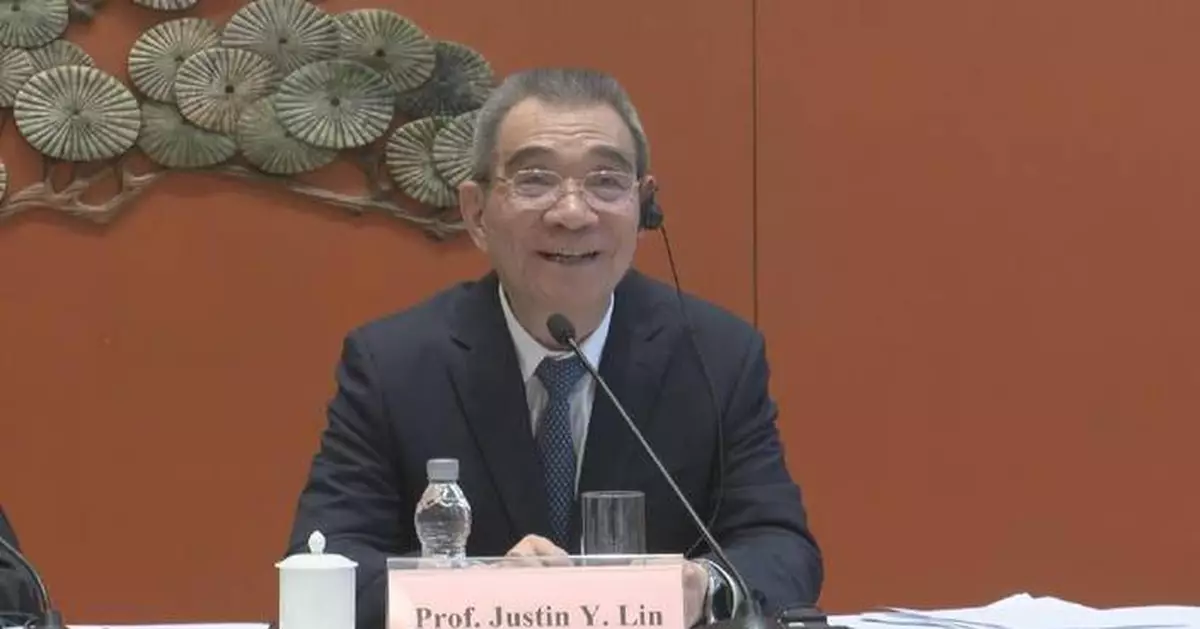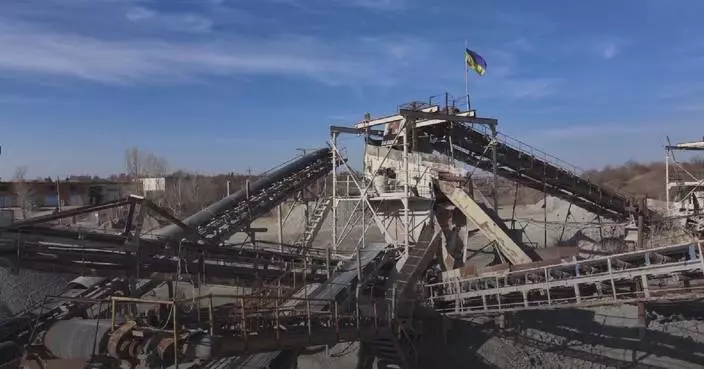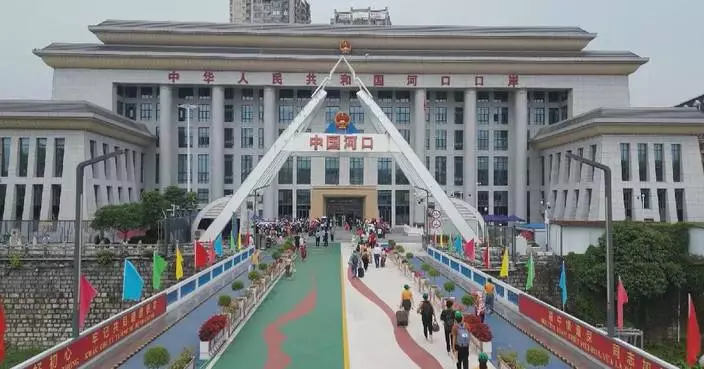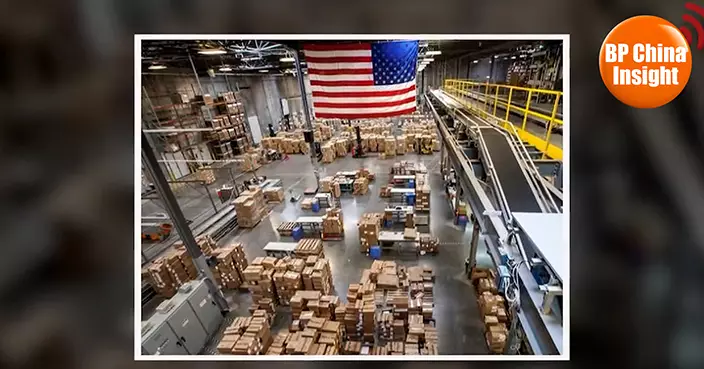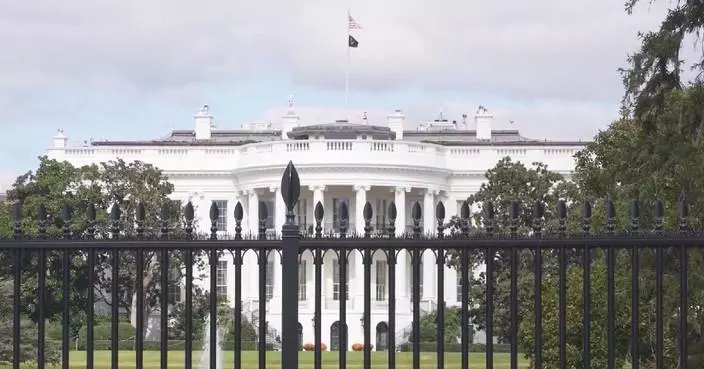Complete trade decoupling between China and the United States is less likely due to the U.S. reliance on Chinese products, said Justin Yifu Lin, honorary dean of the National School of Development at Peking University, on Monday, emphasizing that China will continue to play a crucial role in the global economic landscape.
Speaking at an event hosted by the China Public Diplomacy Association in Beijing, Lin underscored the mutually beneficial nature of trade between China and the United States.
Lin criticized the U.S. for its tariff bullying, emphasizing the importance of a rules-based international order and the need to resolve trade disputes within the framework of the World Trade Organization.
"No possibility can be ruled out regarding the decoupling of China and the United States, but I believe complete de-coupling is less likely, as both the American people and businesses rely on the Chinese [products]," Lin said.
According to Lin, China's per capita GDP is expected to reach half that of the United States by 2049, making China's overall economy twice the size of the U.S. economy.
This shift could bring greater trade benefits to the United States, and by that time, access to the Chinese market will be critical for the survival of U.S. high-tech enterprises, said Lin.
"If China's per capita GDP is 50 percent that of the United States, then the size of China's economy will be twice that of the United States. The material resources that China can mobilize, and China's market will also be twice as large as those of the United States. For high-tech enterprises, having access to the Chinese market will become a matter of life and death," he said.
Lin also highlighted China's competitive advantages, such as its abundant human resources, vast domestic market, and strong industrial supporting capacity, all of which will continue to fuel the country's economic growth.
"As I mentioned earlier, if China maintains a growth rate of 5 percent or slightly higher before 2035, and sustains a rate between 3 percent and 4 percent through 2050, its contribution to global growth will remain similar to the post-2008 period, with China contributing around 30 percent to global growth each year. China will continue to be the engine of world economic growth and a key source of growth momentum," Lin said.
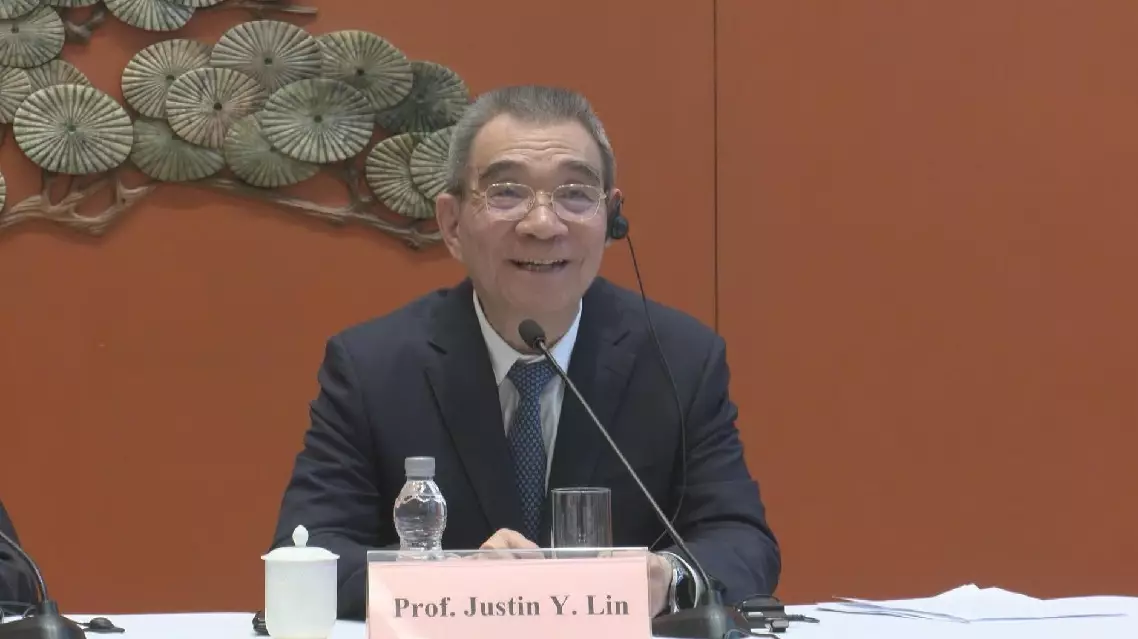
Complete China-US trade decoupling less likely, China to remain key player in global economy: economist
Small- and medium-sized retailers across the United States "are getting hit the hardest" by disrupted supply chains, as U.S. tariff actions fuel market chaos and panic, a U.S. logistics industry insider based in China warned.
Sam Boyd, managing partner at Guided Imports -- a cross-border logistics company serving many American small businesses that rely on Chinese manufacturing -- told China Media Group (CMG) that the tariff policies introduced by the Trump administration have left many importers unsure about how to respond.
"Small- to medium-sized retailers and e-commerce companies, who are usually purchasing their goods close to when they're going out of stock, are getting hit the hardest. It's difficult for businesses to really understand what to do, so most of the businesses are just being forced to wait. And what they've learned over the last two-week period is that these escalations have no ceiling. The majority of our customers have opted to pause their shipments leaving from China. And the downside with this is that they're going to go out of stock," said Boyd.
According to the National Retail Federation (NRF), container imports to the U.S. are expected to fall by more than 20 percent year over year in the second half of 2025.
Boyd warned that the consequences of paused shipments could extend beyond inventory shortfalls, creating ripple effects that threaten port operations and U.S. domestic logistics.
"But there's an even more significant ripple effect that we're not quite aware of, which is: because so many businesses have chosen to pause their shipments and wait, we're creating a backup -- or a future backup -- that's going to be seen at U.S. ports. So let's say that there is going to be an event that solves this tariffs issue, and it's to everyone's liking enough that they can start placing orders again. By the time they all [those shipments] start arriving at the ports, it's going to create a surge. And this is going to create a surge in shipping costs, and it is going to create a surge in trucking within the U.S.," he said.
Boyd also questioned the U.S. government's repeated calls to bring manufacturing back home, arguing that such efforts are far from realistic given China's deep industrial capacity.
"The concept of reassuring is a very nice concept for those who are many degrees away from manufacturing. But China has so much experience with manufacturing that for any country -- whether it be the United States or one of China's neighbors that try to take over -- it's not going to be something that we can just flip a switch and all of a sudden, you know, a new country becomes the manufacturer," said Boyd.

Small-, medium-sized retailers "hit hardest" by U.S. tariff policy: logistics expert



